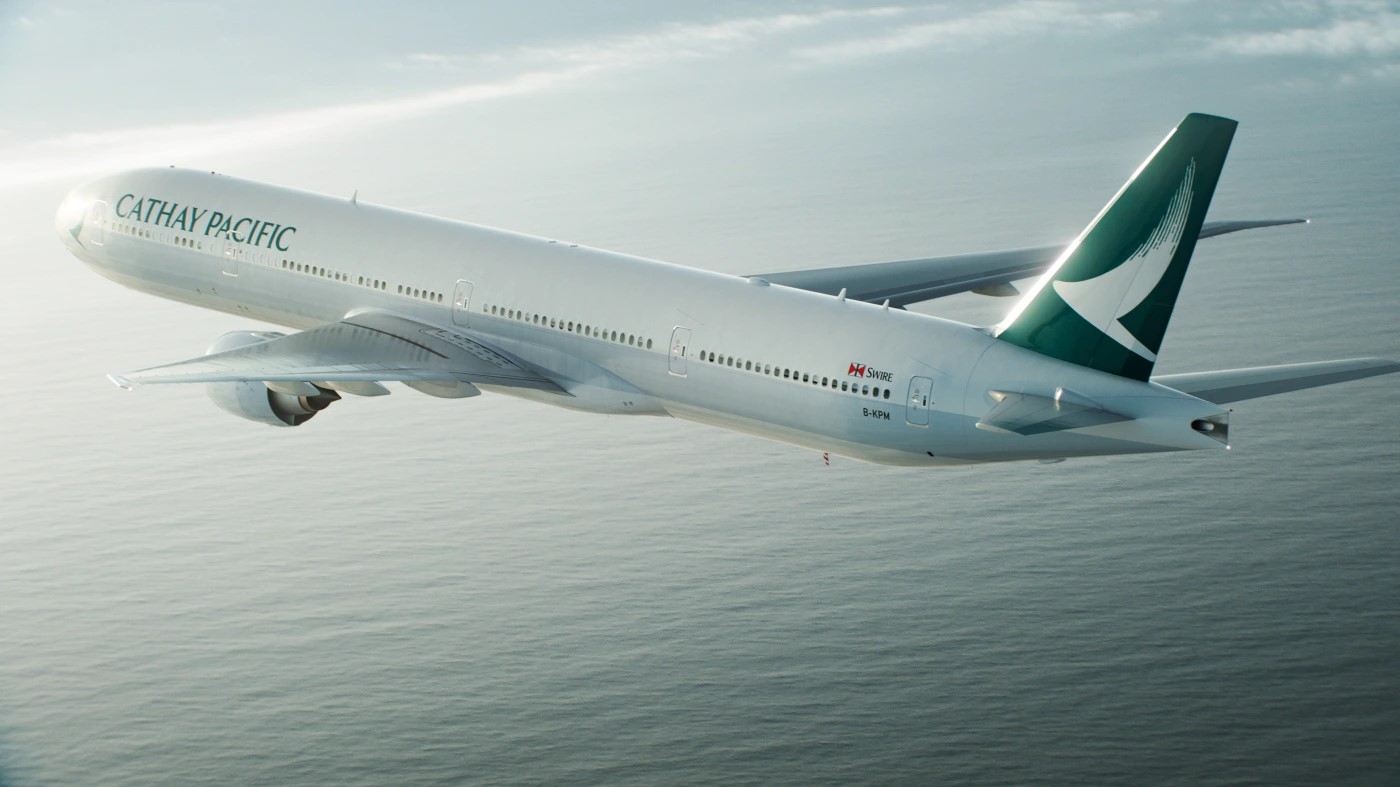Cathay Pacific, Hong Kong’s flagship airline, has been thrown into a state of operational crisis following a significant engine failure on one of its long-haul flights. The airline was forced to turn back a flight bound for Zurich after an “engine component failure” was detected shortly after departure, leading to an extensive review of its fleet and the grounding of multiple aircraft.
The issue has prompted Cathay Pacific to inspect all 48 of its Airbus A350 aircraft, a cornerstone of its long-haul fleet. The inspections revealed that 15 of these aircraft had faulty components that required immediate replacement. These components are part of the Trent XWB-97 engines, which are manufactured by Rolls-Royce, a company known for its high-performance aerospace engines.
In the wake of these findings, Cathay Pacific has been forced to cancel nearly 70 flights, affecting major routes that connect Hong Kong with cities across the Asia-Pacific region, including Sydney, Singapore, Bangkok, Tokyo, Seoul, and Taipei. The airline has indicated that these disruptions are expected to continue until at least Saturday, as efforts to rectify the situation are ongoing.
Cathay Pacific has reaffirmed its commitment to safety, stating, “The safety of our customers and our people is paramount in all our decisions. We deeply regret the inconvenience this situation has caused and appreciate the understanding of our passengers as we work to resolve these issues.”
The incident has drawn the attention of international aviation authorities, with the European Union Aviation Safety Agency (EASA) announcing that it is closely monitoring the situation. EASA has indicated that it may take additional actions if the ongoing investigation reveals broader concerns about the affected engine model.
Rolls-Royce, the engine manufacturer, has assured that it is fully committed to resolving the issue. A spokesperson from Rolls-Royce stated, “We are working in close collaboration with Cathay Pacific, Airbus, and regulatory authorities to address the problem and ensure the continued safety and reliability of the Trent XWB-97 engines. We will also keep other operators informed of any significant developments.”
The Airbus A350, first introduced into Cathay Pacific’s fleet in 2016, has been lauded for its fuel efficiency, thanks in part to the Trent XWB-97 engines. However, the discovery of these engine faults has raised concerns about the aircraft’s reliability, leading other airlines to take precautionary measures.
Singapore Airlines, which also operates Airbus A350 aircraft, has initiated inspections of its Rolls-Royce Trent XWB-84 engines and remains in close contact with both Airbus and Rolls-Royce. The airline has reported no immediate impact on its operations. Japan Airlines, another major operator of the A350, has begun precautionary inspections of its A350-1000 aircraft during scheduled maintenance at Haneda Airport, though it does not expect any flight disruptions.
Qatar Airways, which operates the same model, has reported no impact on its services but is monitoring the situation closely to ensure the continued safety and reliability of its fleet.
This incident highlights the complex challenges faced by modern airlines in maintaining fleet safety and reliability, particularly as they operate increasingly sophisticated aircraft equipped with advanced engine technology. Rolls-Royce, already under pressure to enhance the durability and performance of its engines, has announced plans to invest significantly in improving its product range, a move that has gained urgency in light of the current situation. As Cathay Pacific works to restore normal operations, the global aviation industry is watching closely to see how the airline navigates these challenges. The situation serves as a critical reminder of the importance of rigorous maintenance and oversight in the aviation industry, where even minor component failures can have far-reaching consequences for safety and operational efficiency.









